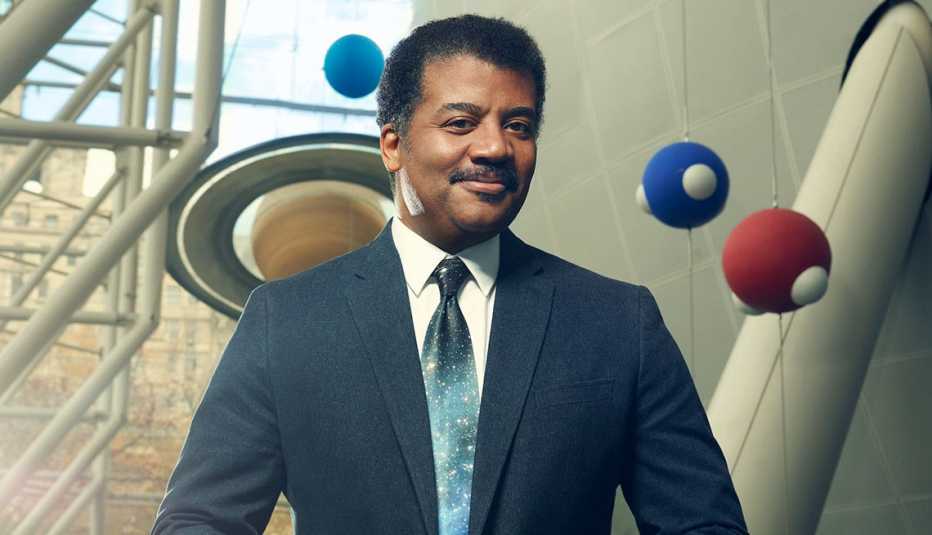Staying Fit


People growing up in the 1950s and '60s dreamed of a man landing on the moon, and saw that happen. Do younger generations have a similar dream for space?
No, not at all. But it's not their fault. We dreamed of landing on the moon because the space program kicked in. Right now NASA says we'll land on Mars maybe in the 2030s under the leadership of a president not yet elected, with a budget not yet established. That's a very different goal.


AARP Membership— $12 for your first year when you sign up for Automatic Renewal
Get instant access to members-only products and hundreds of discounts, a free second membership, and a subscription to AARP the Magazine.
What about plans to colonize Mars?
Mars One plans to send a first launch from Earth to Mars in 2026. And the interest is to send people one way, Pilgrim style. The difference between that and the actual Pilgrims, of course, is when the Pilgrims landed at Plymouth Rock, they could breathe the air.
And because they're not coming back?
You have to be really resourceful about how you stay alive.
You sound skeptical.
I have much less confidence in the success of this than the planners do, but somebody has got to dream it. I'm not going to say "don't."
I read a statistic that more than one-third of Americans believe that UFOs exist. What do you say to them?
I'd have to see what question was asked because "UFO" simply means that you saw something flying in the sky and you don't know what it is, so of course UFOs exist. If you don't know what you're looking at, it's a UFO, OK?
Good point. What do you say to people who believe in extraterrestrials?
Maybe we are being visited by aliens. I'm not going to discount that, but I just need better evidence. Bring me a dead alien! Or better yet, a live alien!
There has been a string of hit movies recently about science — Gravity, Interstellar, The Theory of Everything, The Imitation Game.
I think science is trending. And beyond movies, a major hit show on television is The Big Bang Theory. The banter among the characters is accurate science. The whiteboard in the background changes every show to have genuine equations on it.

































































More on politics-society
Lifting My Voice
Fifty years after the Freedom Summer, noted journalist Charlayne Hunter-Gault reflects on her civil rights fight